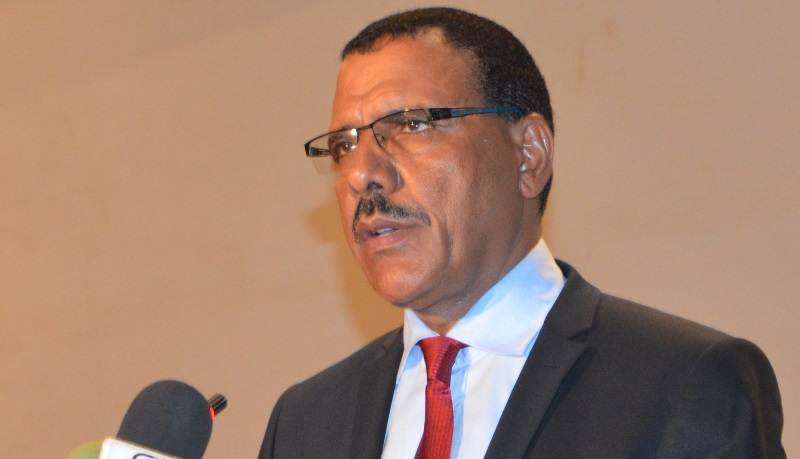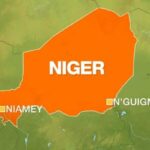The first round of the presidential election in Niger Republic went peacefully and it was hailed worldwide. It was generally believed that the election was free and fair because the president of the republic, Mahamdou Issoufou, and the electoral commission were impartial. Mohamed Bazoum led in the first round of the election with 39.33% of the vote, which more than double the votes scored by his main challenger, former president Mohamane Ousmane who got 16.99%.
Since neither candidate obtained an absolute majority, the election went for a second round on February 21. Mr. Bazoum, former interior minister and candidate of the ruling party, won the rerun with 55.75% of the votes, while the opposition candidate Mohamane Ousmane got 44.25%. It is generally believed that the gap between the two narrowed because Hama Amadou, a former prime minister who was barred from running in the election, threw his support behind the opposition candidate, Ousmane. Amadou was excluded because he had previously served a one-year jail term for child trafficking.
However, as soon as the result was announced, supporters of Mr Amadou poured onto the streets in the capital, Niamey, to protest the vote, alleging fraud. Two persons were killed in the violence and property destroyed. Soon after, Ousmane disputed the result saying he narrowly won the election.
Hama Amadou was arrested and detained on Monday accused “of being the main author” of the unrest. Hundreds of others were also detained.
Amadou was also accused of “regionalist propaganda” and “of statements likely to pit people against each other”.
On Monday, the opposition Cap 20/21 coalition and its allies announced their determination to “defend” the “victory” of the opponent Mohamane Ousmane “by all legal means” and demanded the “unconditional release” of those arrested, including Amadou.
Among those arrested was the former chief of staff of the armies, Moumouni Boureima, a close ally of Amadou. He was accused of being one of the “leaders” of the unrest in Niamey.
The ugly turn of events is a serious source of concern not only for Niger, but for ECOWAS and Nigeria as well.
For one, Niger has a vast landmass which is frequently ravaged by droughts. There is also widespread poverty according to the UN’s development index. The country is also struggling with insurgency which is a spill over of violence from neighbouring Mali and Nigeria.
Therefore, Nigeria and ECOWAS can least afford to allow Niger slip into a political crisis as that portends serious consequences. In that regard, the first step is to stop the crisis from escalating by bringing the political actors in Niger to the negotiation table. They should be made to realise that the country is bigger than their individual ambitions. The election Niger had just conducted is said to be the first democratic transition. Therefore, nothing should be allowed to derail the process. Besides, the result is provisional and must be confirmed by the constitutional court. Dissatisfied candidates have ample opportunity to get redress at the court. We urge all the parties to give peace a chance and save their country from avoidable crisis.

 Join Daily Trust WhatsApp Community For Quick Access To News and Happenings Around You.
Join Daily Trust WhatsApp Community For Quick Access To News and Happenings Around You.


